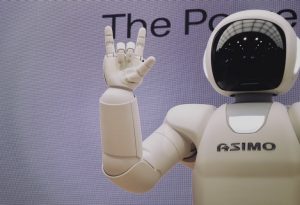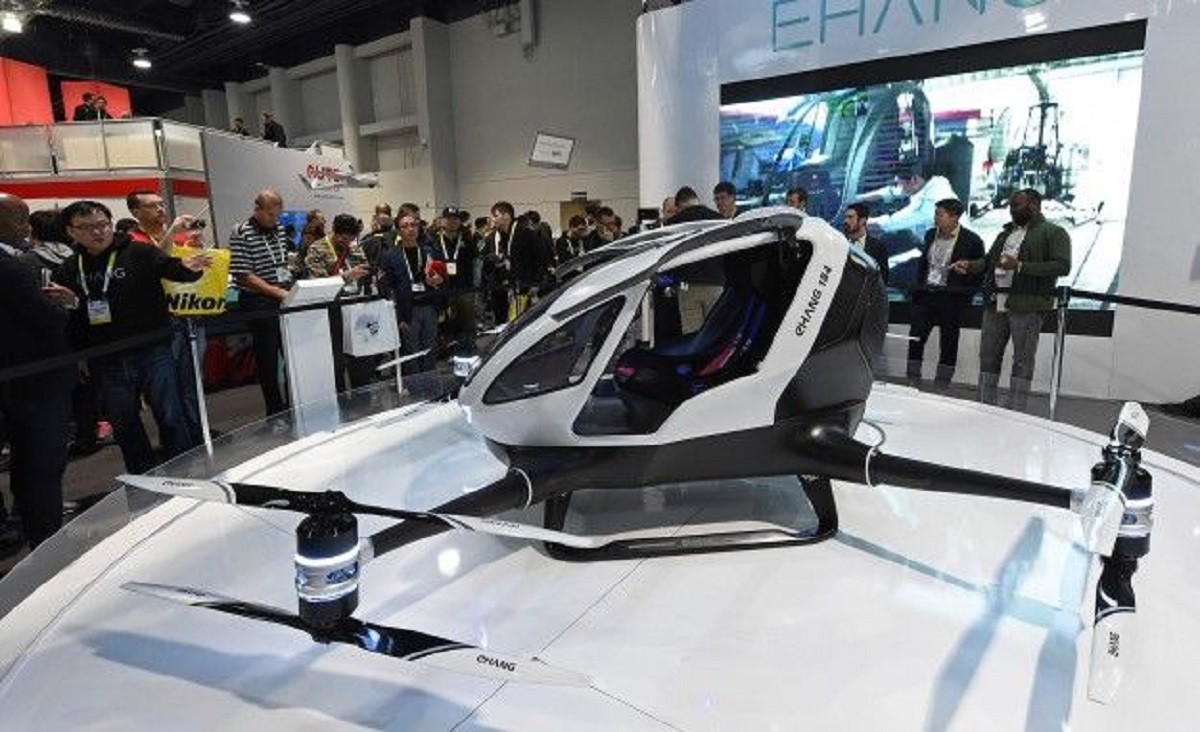We live in a world where everything is getting smarter- from our homes to our clothes. It’s only natural to see the automotive industry getting revolutionized by the technological impact. One major technology that’s been instrumental in automotive evolution is AI i.e. artificial intelligence.
Exploring the various ways artificial intelligence is changing the automotive industry reveals an intricate web of breakthroughs that alter safety protocols while also improving the driving experience. Come with us on this journey as we study how artificial intelligence will impact cars in the future.
Accident Prevention
Safety is one of the top concerns of car buyers when they explore their options. Car manufacturers understand this well, which is why they have started leveraging AI to make their cars safer and less susceptible to accidents. Let’s take the example of a pioneer in automotive tech, i.e. Tesla. The self-driving car and EV car leader has been on the forefront of automotive AI adoption since 2003. It uses AI in a variety of ways in its leading cars to protect the drivers and passengers and make the drives safer and comfortable for everyone.
One of its most popular innovations is an advanced interior camera that uses AI to detect and track the eyes of the drivers. The camera can detect when a driver is showing signs of sleepiness- a piece of information can greatly avert road accidents. The underlying technology behind the camera’s function is built on top of Tesla’s neural technology which processes road images to estimate depth and identify objects. The technology parses the cumulative data shared by the company’s close to 1 million vehicles on the road in real time to alert drivers of potential risks on the road.
Another angle of AI’s impact on our cars and safety can be observed in the insurance sector. For instance, a leader in modern insurance services, Lemonade uses the power of AI to offer its users instant car insurance quotes, plus lightning fast claims resolution.
Better AI Assistance
Voice assistance in cars isn’t something new; it’s existed for many years. However, earlier it used to be available in luxury cars only, and even when it was offered in standard cars, its functionality was limited. Today, more and more companies are offering AI-powered voice assistance with advanced features.
Taking the example of Mercedes Benz User Experience (MBUX) infotainment system- which easily offers the best in-car voice assistance today- it allows you to give a wide range of voice commands by saying “Hey, Mercedes” akin to Apple users giving commands to their mobile devices by saying “Hey, Siri”. This means, you can get your Mercedes car to perform functions like turn on the radio, turn on the heating, navigate to specific places such as ATMs, change the color of the ambient lighting, etc. by using simple voice commands.
Today, automobile pioneers are conditioning AI models to recognize human speech and transform it to digital understanding. This is being done in the context of technologies such as Natural Language Processing and Machine Learning. As a result, you can expect to see an increase in the number of AI-powered cars in the next few years, particularly through prevalent digital assistants like Amazon’s Alexa, which are being embraced by vehicles such as Fiat Chrysler.
Generative AI
Generative AI or Gen AI is the newest buzzword in Silicon Valley. The term is used for algorithms that can churn new output based on the data they are trained on. These algorithms can create unique content outputs in different formats viz. text, audio, video, images, etc.
Many leading car manufacturers like BMW, Toyota and Mercedes have started incorporating generative AI in their cars. For instance, commercial car manufacturer Daimler announced that it’s working on AI models capable of delivering insights which are “humanly not possible”. Toyota Research Institute (TRI) is also using Generative AI to help the designers produce new car designs easily and quickly by minimizing iterations and amplifying the designs.
Bottom Line
The symbiosis in the relationship between artificial intelligence and our cars becomes clearer as we wave through the evolution of automotive technology. The ability of AI to redefine our expectations from vehicles as a result of its transformative power in demanding situations concerning accident prevention, user assistance, and generativity makes it practically indispensable.
As far as AI integration in the automotive industry is concerned, it’s going to get more complex. However, with such pioneering geniuses such as Tesla and Toyota, we are reaching a confluence of modern technology and human creativity. The road ahead will be more about than just merely safer and intelligent cars but a total reconceptualisation of the driving experience. The evolution of AI for use in our cars has barely begun its course and like the open road itself, there is no limit to what we may discover.

























